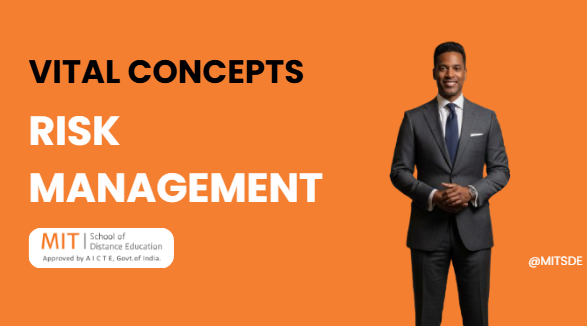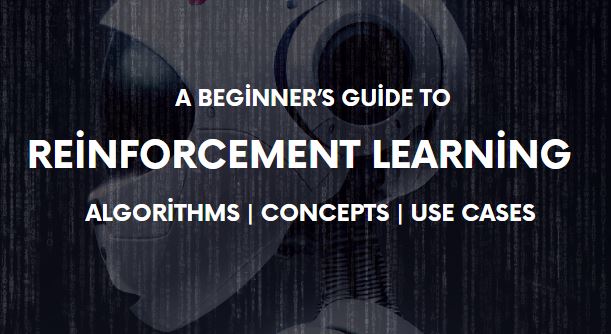
Every company, big or small, needs someone to watch over its money. The Chief Financial Officer, aka CFO, is the person in charge. They are like the captains of the financial ship, steering the company towards a bright future.
What does a CFO do?
The CFO’s are responsible for several key tasks:
Keeping the Books Straight
The CFO makes sure the company’s financial records are accurate and up to date. This includes tracking income and expenses, managing cash flow and creating financial statements.
Planning for the Future
The CFO not only looks at the past. They use their financial knowledge to forecastPost Graduate Diploma in Finance Management future income and expenses. This helps the company make smart decisions about investments and spending.
Saving Money on Taxes
CFOs work with tax advisors to find legal ways to reduce the company’s tax bill. This extra money can then be used to grow the business.
Financing the Company’s Dreams
Does the company need a new building or want to launch a new product? The CFO helps secure funding through loans, investments, or by selling company shares.
Giving Advice to the Top Leaders
The CFO works closely with the CEO, the company’s top leader. They provide financial insights and analysis to help the CEO make important decisions about the company’s direction.
Role of a CFO Beyond the Numbers
Being a CFO is about more than just crunching numbers. They also need to be:
Great Communicators: CFOs need to explain complex financial information in a clear and concise way. They talk to investors, bankers, and employees from all levels of the company.
Strategic Thinkers: CFOs use their financial knowledge to see the big picture. They understand how financial decisions can impact all areas of the business.
Strong Leaders: CFOs often manage a team of accountants, analysts, and other finance professionals. They need to be able to motivate and inspire their team.
Who can become a CFO?
If you are good with numbers, have a sharp mind and enjoy a challenge, then a career as a CFO could be a good fit for you. Here’s what you will need:
- A College Degree: Most CFOs have a bachelor’s degree in accounting, finance, or business administration such as a Post Graduate Diploma in Finance Management.
- Experience: After college, you will need to work your way up the ladder in the finance department. This could involve roles like accountant, financial analyst, or controller.
- Licenses and Certifications: Some employers may prefer candidates with a Certified Public Accountant (CPA) license. This demonstrates your expertise in accounting and financial reporting.
The CFO Career Path
There is no one-size-fits-all path to becoming a CFO. The journey can vary depending on your education, experience and the skills you have. A top PGDM Finance Management course is a stepping stone to a successful and fulfilling career in the financial sector. MIT School of Distance Education is India’s leading institute for distance education approved by AICTE and UGC.
MITSDE’s best PG Diploma in Finance offers you many remarkable career opportunities with its empowered placement assistance cell in exciting roles such as –
- Chief Financial Officer
- Finance Controller
- Insurance Manager
- Financial Consultant
- Finance Officer
- Credit Manager
- Risk Manager
- Equity Analyst
- Portfolio Manager
MITSDE’s PG Diploma in Finance is known for its academic excellence and innovation in education. So if you are planning on a successful career as a Chief Financial Officer, join the program today.



